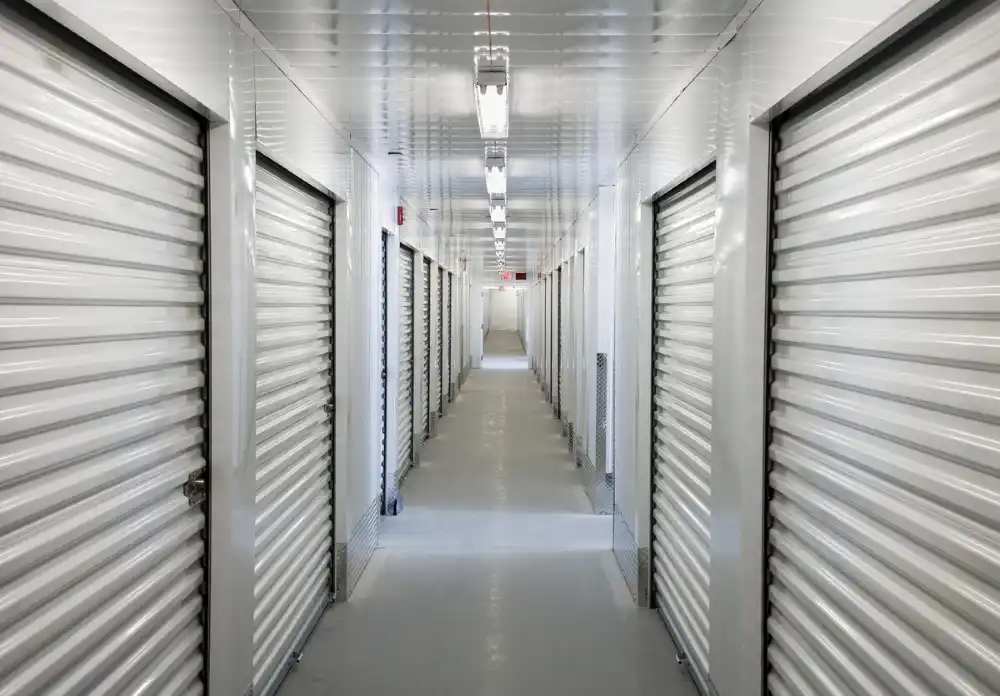Many people today find they need to rent a storage unit. They may be moving, decluttering, or facing limited space in their current residence. Renting a storage unit can be an excellent solution. However, before rushing into the decision, there are several things a person must consider. What are four essential factors to ponder before renting a storage unit?
Assess the Storage Needs
Before renting a storage unit, take the time to assess the storage requirements. Make a comprehensive inventory of the items to be stored. Categorize them by size, value, and frequency of use. By understanding the storage needs, a person can choose an appropriately sized unit that suits their budget and minimizes unnecessary expenses.
Consider the type of items being stored in the self storage facility. Delicate or valuable possessions may require climate-controlled units to protect them from temperature fluctuations and humidity. Likewise, when storing business documents or archival material, security and protection from moisture are critical factors. Having this information makes it easy to find the most suitable storage unit.
Research Storage Facilities
Once the storage needs are understood, thoroughly research various storage facilities in the area. Look for reputable and established providers with a track record of positive customer experiences. Read online reviews and testimonials to know which companies are good and which to avoid.
Consider the facility’s location and accessibility. A storage unit that is too far from the home or business might be inconvenient, especially if the items will be needed frequently. Check out the security measures in place, such as surveillance cameras, gated access, and on-site personnel. The stored items need to be well-protected and secure.
Additionally, inquire about the rental terms and policies. Ask about the rental options and whether the unit size can be adjusted as needs change. Understanding the lease agreement, pricing, and any hidden fees will prevent unpleasant surprises down the road.
Budget and Cost Analysis
While renting a storage unit can be a practical solution, it’s essential to consider the financial implications. Determine a budget for storage expenses and analyze the costs involved. Apart from the monthly rental fee, consider any additional expenses, such as insurance, security deposits, or administration fees.
Carefully evaluate the value of the items being stored versus the cost of renting a storage unit. If the items are not of significant monetary or sentimental value, it might be more cost-effective to sell, donate, or discard them, rather than paying for long-term storage.
Organize and Label the Items
Before moving the belongings to the storage unit, take the time to organize and label everything properly. Create an inventory list and keep a copy of it. Label boxes clearly with their contents to facilitate easy retrieval when specific items are needed later. Box Organizer is an app that allows the user to create QR codes for boxes, making it easy to know exactly what is in each box.
Organizing the items and keeping an inventory will save time and effort whenever an item must be retrieved. It will be easy to locate and access the belongings quickly, streamlining the process and making the overall experience more efficient.
Renting a storage unit can be a practical solution to address a lack of space. However, it is essential to carefully consider several factors before choosing a storage facility. By following these considerations, a person can make an informed choice that meets their needs and safeguards their possessions efficiently. Those need to be the top priorities when any person chooses this option to address their storage issues.

